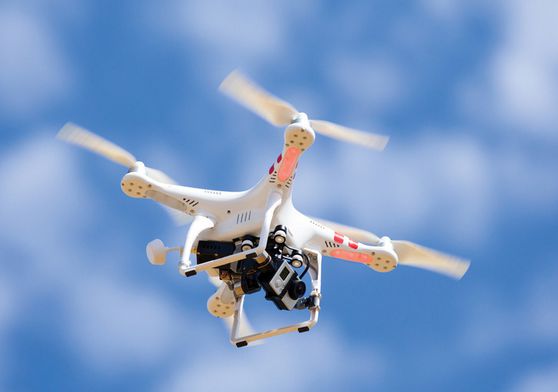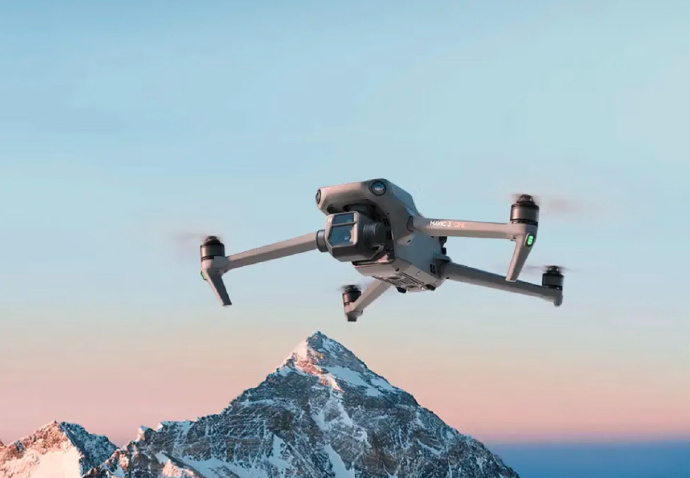
Historical Insights and Progress
Originating as military tools, drones have swiftly penetrated civilian markets, showcasing adaptability and efficiency. Initially designed for surveillance and unmanned operations, they now serve multifaceted roles in photography, agriculture, and logistics, illustrating their versatility. The acceleration of drone technology has been aided by miniaturization and smart systems that enhance aerial capabilities, making drones indispensable assets.
Commercial and Recreational Applications
- Photography and Videography: The drone’s ability to capture aerial footage provides unique perspectives, significantly influencing media production. Photographers use drones to embark on creative explorations, capturing panoramic views and dynamic scenes.
- Agriculture: Drones are pivotal in precision farming, offering real-time data on crop health, irrigation needs, and pest control. Their aerial vantage point allows farmers to optimize resource allocation efficiently.
- Logistics: The promise of drone deliveries is no longer a futuristic dream. Businesses are experimenting with drones to ensure swift and reliable transportation of goods, overcoming traditional logistics challenges.
Regulatory and Ethical Considerations
As drone usage escalates, regulatory bodies face challenges in ensuring safe and ethical operations. Privacy concerns, airspace management, and environmental impacts demand comprehensive frameworks to guide responsible drone usage. Establishing regulations not only protects citizens but also fosters confidence in integrating drones into everyday applications.
Emerging Innovations on the Horizon
Drone technology is poised for continual evolution, with advancements in AI, machine learning, and energy efficiency. These innovative strides aim to mitigate operational hurdles, enhance power systems, and develop autonomous navigation solutions, propelling drones further into technological frontiers.

Frequently Asked Questions (FAQ)
- What industries benefit most from drone technology?
- Diverse sectors like agriculture, cinematography, logistics, and environmental studies gain significant advantages, leveraging drones for efficiency and innovation.
- How are drones regulated?
- Regulatory frameworks are established by national aviation authorities to manage safety, privacy, and ethical concerns, ensuring drones are used responsibly.
- Can drones operate autonomously?
- Advancements in AI and sensor technology allow for semi-autonomous operations, though full autonomy requires further testing and regulatory approval.
